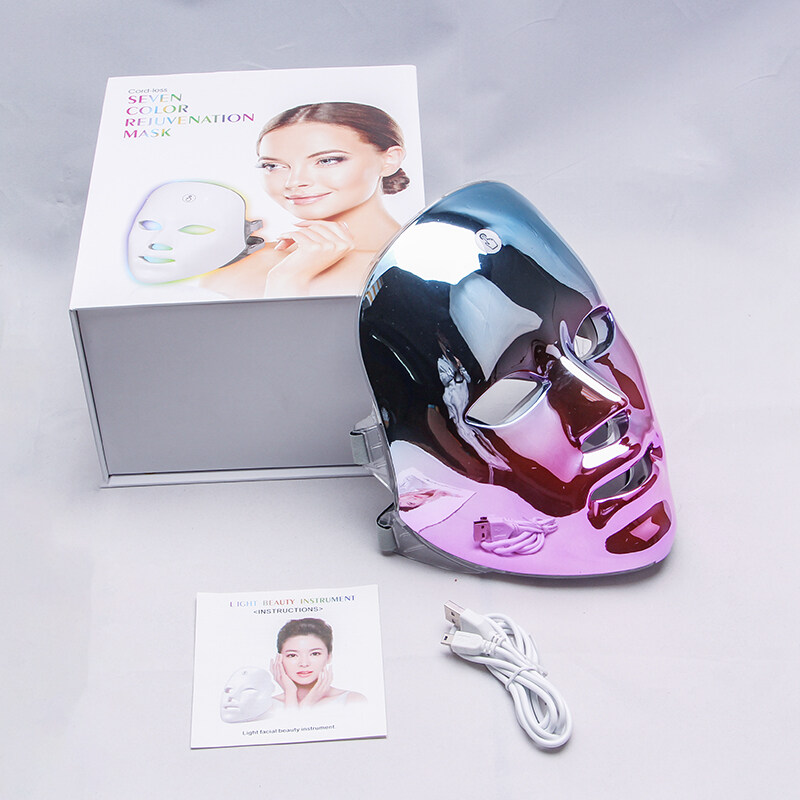Email format error
Email cannot be empty
Email already exists
6-20 characters(letters plus numbers only)
The password is inconsistent
Email format error
Email cannot be empty
Email does not exist
6-20 characters(letters plus numbers only)
The password is inconsistent


Embarking on the transformative journey of red light therapy requires careful consideration of device selection, understanding post-treatment practices, and addressing common queries. This all-encompassing blog post delves into crucial aspects such as choosing the right red light therapy device, its compatibility with procedures like Botox, recommended post-treatment skincare practices, and potential contraindications.
Choosing an effective red light therapy device involves evaluating various factors:
1. Wavelength Range:
Optimal skin penetration and rejuvenation are achieved with devices emitting wavelengths between 630 to 660 nanometers.
2. Power and Intensity:
Ensure the device has sufficient power and intensity for effective therapeutic light exposure.
3. Size and Coverage:
Consider the size and coverage of the device to ensure it suits your targeted treatment area.
4. Ease of Use:
Prioritize user-friendly features, such as adjustable settings and timers, for a personalized and convenient experience.
The non-invasive nature of red light therapy makes it a valuable complement to the Botox recovery process, potentially enhancing overall results.
After LED light therapy, it is advisable to cleanse your face with a gentle cleanser to maintain skin cleanliness without causing irritation.
While LED light therapy is generally safe, following proper usage guidelines is crucial to minimize the risk of hyperpigmentation. Consulting with a skincare professional is recommended if concerns arise.
LED light therapy, especially in specific wavelengths, may assist in addressing pigmentation concerns by promoting collagen production and overall skin rejuvenation.
Consistent use of LED light therapy has shown promise in reducing hyperpigmentation when incorporated into a comprehensive skincare routine.
The non-invasive nature of LED light therapy allows for immediate post-session activities, including exercise.
Before combining LED light therapy with tretinoin or other topical treatments, consulting with a dermatologist is essential for professional guidance and a safe skincare regimen.
Yes, you can apply makeup after LED light therapy. Ensure your face is clean and dry before makeup application to maximize its effects.
Individuals with epilepsy, light sensitivity, or active skin infections should exercise caution. Seeking professional advice ensures a safe and effective LED light therapy experience.
For general skincare, it is commonly recommended to undergo 2 to 3 LED light therapy sessions per week. Individual adjustments based on needs and device specifications are encouraged.
Embark on your red light therapy journey with confidence, armed with knowledge about device selection, post-treatment practices, and individual considerations. This comprehensive guide aims to provide clarity on common questions, empowering you to tailor your red light therapy experience to achieve your skincare goals and overall well-being.